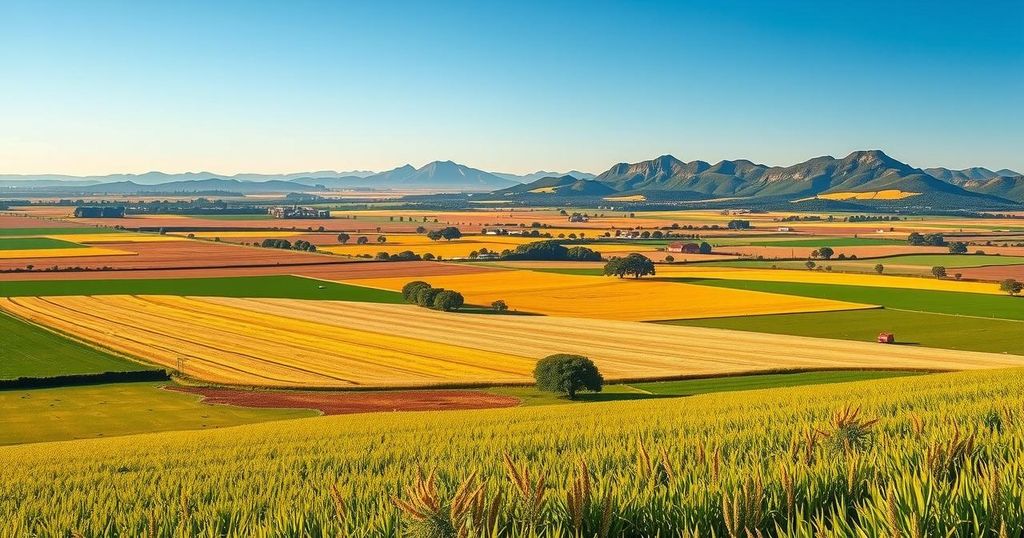Trump’s Controversial Support for White South African Farmers
- Trump’s comments indicate a major pivot in U.S. foreign policy regarding South Africa.
- The first Afrikaners arrived in Washington recently amidst a total overhaul of refugee protocols.
- Mr. Trump’s administration halted aid to South Africa, citing race-based discrimination and bias.
- There have been alarming claims of genocide against white farmers which distort the complex realities of the nation.
- Concerns over the prioritisation of Afrikaner refugees highlight ongoing inequalities faced by other African communities.
Trump’s shifting stance on South African farmers
Trump’s viewpoint on white South African farmers has seen a significant shift, steering U.S. foreign policy towards a controversial new direction. During a meeting in the Situation Room back in May 2019, security officials were caught off guard when President Trump shifted gears from discussions about Iran to asylum and citizenship for white South African farmers. This was not the first time Mr. Trump had mentioned this idea, as he claimed these farmers were facing persecution and displacement, influenced largely by fringe narratives propagated by Afikaner activists.
Diplomatic impacts of refugee policy changes
Fast forward to today, it appears that Trump’s fixation on the plight of white South Africans has implications for the U.S.’s broader approach to international refugees. Recently, the very first group of Afrikaners arrived in Washington, which is historically quite a significant decision from the Trump administration, especially as it suspended refugee programs for other groups now left in limbo. This shift follows a string of contentious moves, including an executive order halting foreign aid to South Africa on the grounds of alleged racial discrimination, which has further strained diplomatic relations between the two nations and heightened tensions.
Controversial narratives vs. reality in South Africa
There’s a certain irony swirling in the backdrop. The U.S.’s new prioritisation of Afrikaners contrasts sharply with the prolonged struggles faced by other African refugees. Critics argue that Trump is exploiting the Afrikaners’ narratives of victimhood while ignoring deeper issues in South Africa. Meanwhile, the economic disparities remain glaring, with white South Africans still enjoying significant land ownership despite just being 7% of the population, raising questions about the fairness and accuracy of the claims surrounding a supposed genocide against white farmers.
In review, it seems Trump’s adjustments to the refugee policy reflect a broader trend of favouring narratives of white victimhood while sidelining pressing global refugee issues. The arrival of Afrikaners into the U.S., juxtaposed with suspensions impacting other vulnerable groups, calls into question the motivations behind these policy shifts. The interplay between South African politics and U.S. foreign policy continues to unwind, raising complex questions about race relations and economic justice both abroad and domestically.




